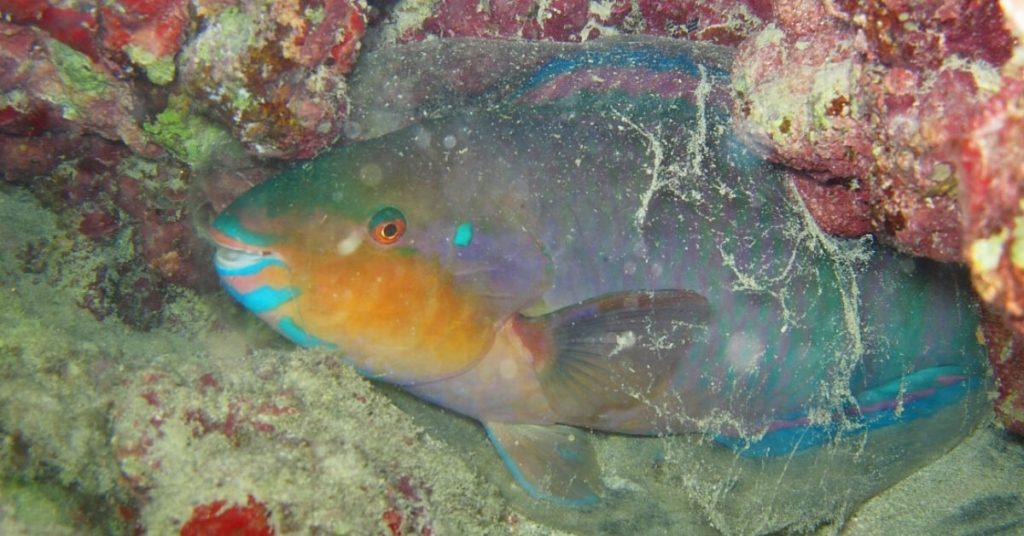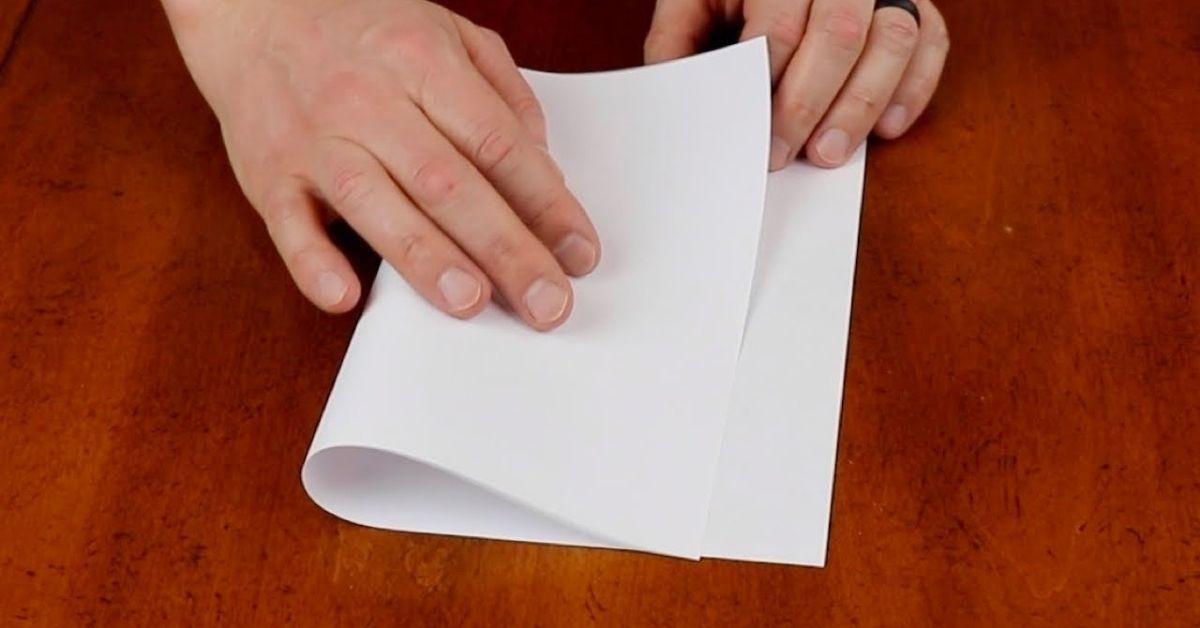
Many of us have our own little rituals before going to bed. Some of us use skincare products, drink a warm glass of milk, or even read a book before we fall asleep. Certain species of the reef-dwelling parrotfish have a strange (and rather icky-sounding) bedtime habit, though: They blow out a large bubble of their own mucus and sleep inside it.
Special glands in these fishes’ gills secrete mucus, forming a cocoon that covers their bodies. For a long time, marine scientists weren’t sure exactly why a number of parrotfish and wrasse species could do this. They had many theories, though, including the cocoon serving as a shield against dust or sunlight, an early warning system, or protection against moray eels and other predators.
Creating a cocoon requires less than an hour of the parrotfish’s time, and about 2.5 percent of its energy. Still, it’s a relatively small price to pay for a decent night’s sleep.
Still remember your 5th-grade science classes? Test your knowledge and see if you still remember these facts and fundamental concepts in human anatomy, biology, botany, and other branches of science. Click here to try the “Are You Smarter Than A Pinoy Fifth-Grader” Challenge.
Follow the hashtag #FlipFacts on Facebook and Instagram to get your daily dose of science trivia!
References
- http://dx.doi.org/10.1098/rsbl.2010.0916
- https://ocean.si.edu/ocean-life/fish/parrotfish-mucus-cocoon
- https://www.discovermagazine.com/planet-earth/parrotfish-sleep-in-a-mosquito-net-made-of-mucus
- https://www.nationalgeographic.com/animals/fish/group/parrotfish/
- https://www.wired.com/2010/11/sleeping-fish-mucous/
Author: Mikael Angelo Francisco
Bitten by the science writing bug, Mikael has years of writing and editorial experience under his belt. As the editor-in-chief of FlipScience, Mikael has sworn to help make science more fun and interesting for geeky readers and casual audiences alike.









